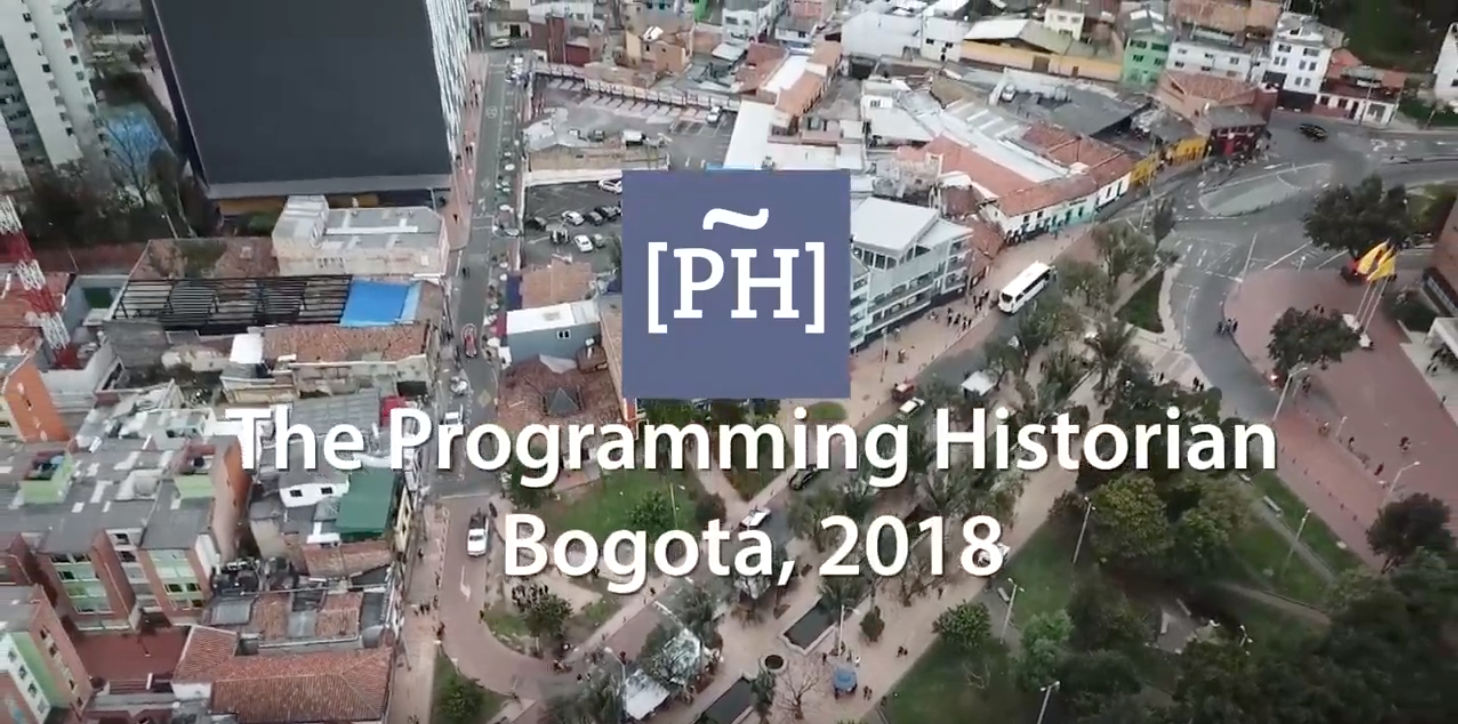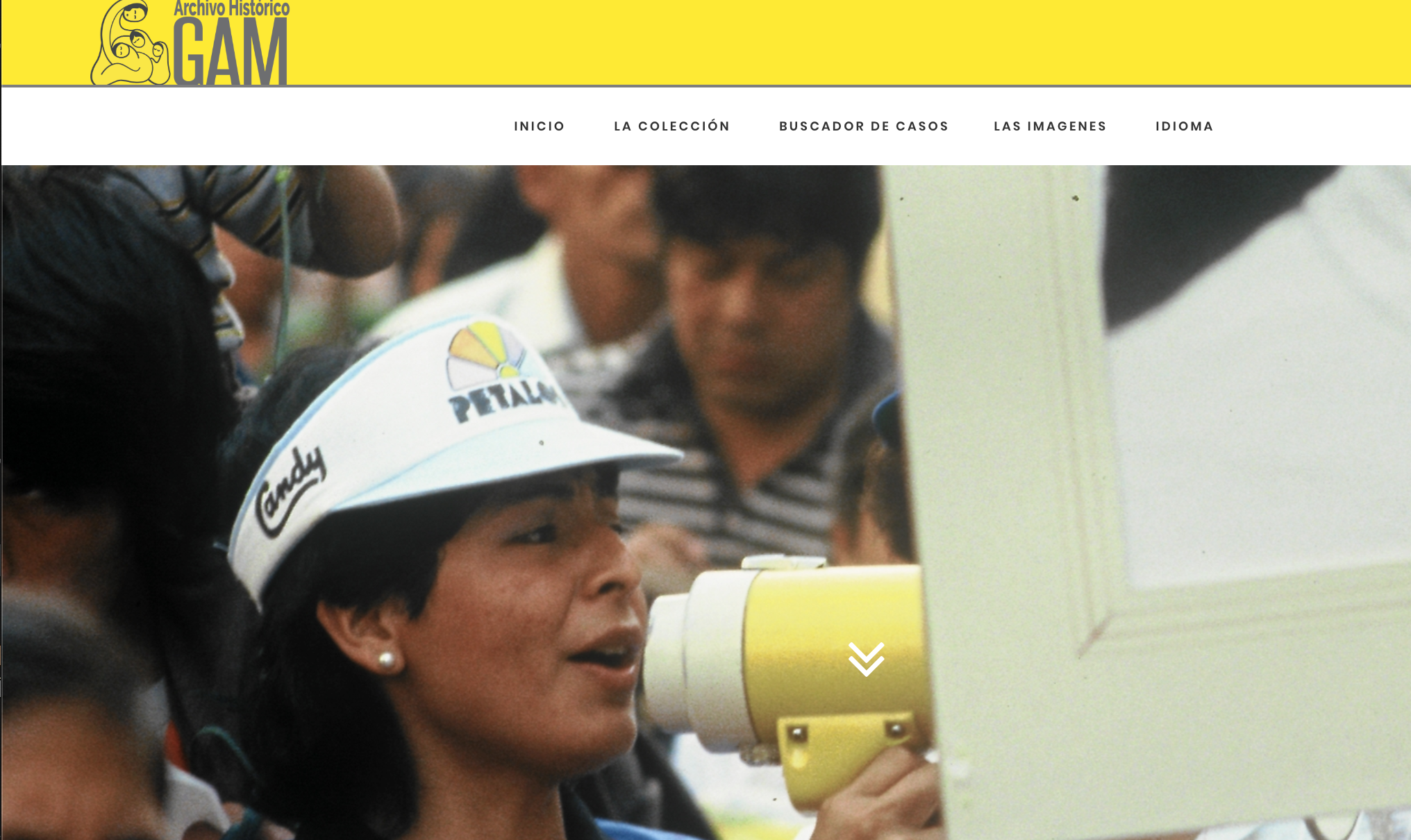Andrew Paul Janco
Supporting and Sustaining Digital History
apjan.co/slides
-
Sustainable innovation
-
Research-oriented design of digital history projects
-
Digital scholarship for the arts and sciences
Sustaining digital history
Digital Oral History




Research-oriented design of digital history projects

The Grupo de Apoyo Mutuo Digital Archive
The Grupo de Apoyo Mutuo (GAM) Digital Archive is a collaborative post-custodial digitization project that aims to preserve and provide access to the records of Guatemala’s oldest human rights organization. The collection contains the records of over 3,300 investigations of forced dissapearances during Guatemala’s armed internal conflict (1960-1996). Ongoing archival work supports the GAM’s mandate to provide legal representation to the families of the disappeared, educational opportunities for Guatemalan youth and to shape public memory of the armed conflict. Over the past two years, the GAM has digitized nearly all of the case files (representing over eight linear meters of records) and has created a master case registry. Haverford librarians and students have created custom web applications for processing, accessing and researching the archival materials. A group of paid undergraduate fellows, the Digital Scholarship Compañeros, have read, transcribed, and described hundreds of cases.
For the GAM project, I started a research-oriented application with

Archival Context

Collection Navigation

Transcription

Person, place and organization records


Launch of the GAM archives June 4th, 2019


Public Access Site
digital history for the arts and sciences

Digital Scholarship Compañeros


Mariana Ramirez on forms of violence in Rabinal (Global DH 2019)
Digital history projects in the sciences
Rafael Rodriguez-Charris, "Extracción de identificadores personales de textos históricos en español"






Visual similarity network visualization
- Word and image embeddings
- Trained Keras model on new research categories (fingerprint, state seal, handwriting)

Automatic handwriting recognition with a bi-directional RNN

Summary
sustainable innovation
design for research
inclusion of arts + sciences
Thank you!
I look forward to your questions and thoughts on how the History ATS can support and sustain digital history at Stanford.

History ATS Presentation
By Andrew Janco
History ATS Presentation
- 612








